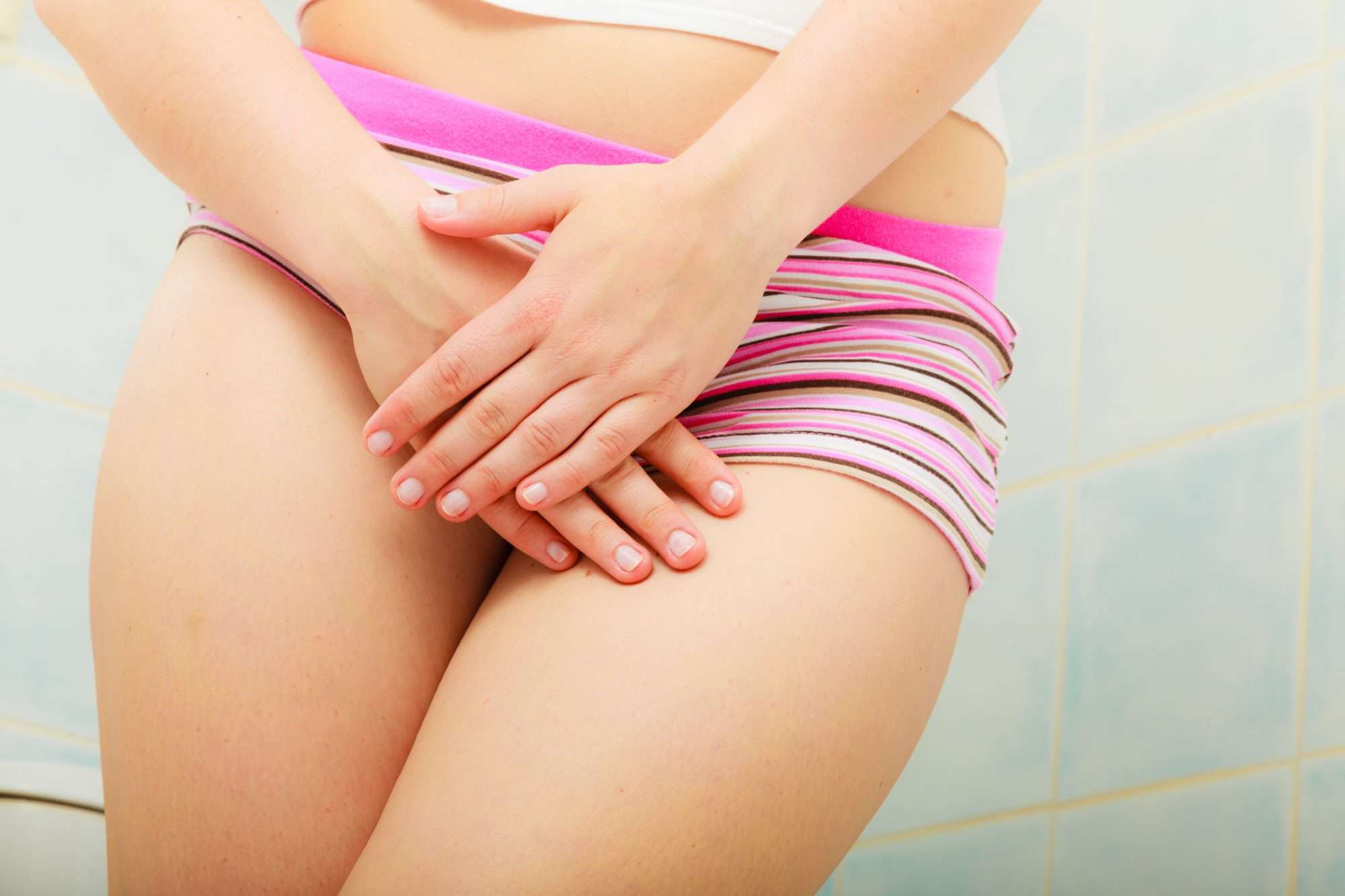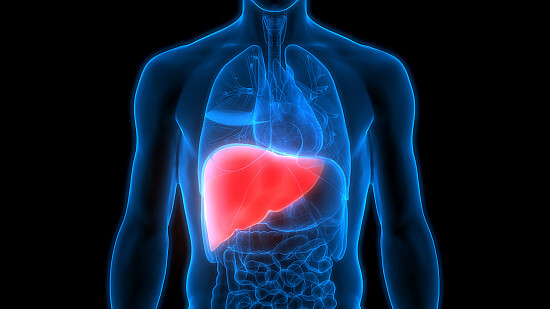Know causes, treatment and prevention tips for vaginal acne
Tue 09 Apr 2024, 01:04:57

Addressing the causes and solutions of vagina acne or genital pimples in the vaginal area can help combat stigma and offer comfort to those impacted by this issue. Vaginal acne is a topic rarely openly discussed due to the associated embarrassment. Despite this, it is a prevalent issue that can cause a lot of discomfort for those experiencing it. By addressing the causes and solutions for vaginal acne, it is possible to work to break the stigma surrounding it and offer much-needed relief to those affected.
According to Dr Shareefa Chause, a Dermatologist, in Mumbai, folliculitis occurs when hair follicles in the vulva become blocked with oil, dead skin cells, and bacteria. This can result in the formation of red, swollen bumps that resemble facial acne. Due to the limited airflow, abundance of bacteria, and higher humidity in the genital region compared to the rest of the body, vaginal acne tends to have a slower healing process, is prone to infections and inflammation, and often leaves notorious marks.
Factors contributing to vaginal acne include excessive sweating from numerous sweat glands in the area, friction caused by tight clothing or activities, inadequate hygiene practices allowing oil and bacteria buildup, hormonal fluctuations during menstruation, pregnancy, or menopause triggering breakouts, as well as skin irritation from shaving or waxing
leading to ingrown hairs and folliculitis.
leading to ingrown hairs and folliculitis.
Treatment:
Treating vaginal acne is akin to treating any other type of acne. Vaginal acne is distressing and one can feel shameful. Hence, it can take a toll on one’s self-esteem leading to embarrassment and feelings of inadequacy. To successfully address vaginal acne, it is recommended to maintain proper hygiene by cleansing the vulvar area with water to prevent bacterial buildup, opt for breathable clothing like cotton underwear and loose-fitting attire to minimise sweat and friction and be cautious of over-cleansing as excessive washing can strip the skin of its natural oils and lead to friction burns, apply warm compresses to soothe inflammation and promote drainage of clogged follicles, consider using antibacterial soap( containing salicylic acid, tea tree oil etc. If the condition persists or worsens, seek guidance from a dermatologist who may suggest prescription medications, In the form of cream, tablets or washes, depending on the condition.
Prevention tips:
These include cleaning the vaginal with only water to maintain good hygiene, avoiding tight clothing to prevent friction and boils, practising safe hair removal techniques, maintaining hormonal balance through healthy habits, scheduling regular check-ups for severe acne, and staying hydrated to keep skin supple and minimise friction.
No Comments For This Post, Be first to write a Comment.
Most viewed from Health
AIMIM News
Latest Urdu News
Most Viewed
May 26, 2020
Do you think Canada-India relations will improve under New PM Mark Carney?
Latest Videos View All
Like Us
Home
About Us
Advertise With Us
All Polls
Epaper Archives
Privacy Policy
Contact Us
Download Etemaad App
© 2025 Etemaad Daily News, All Rights Reserved.






























